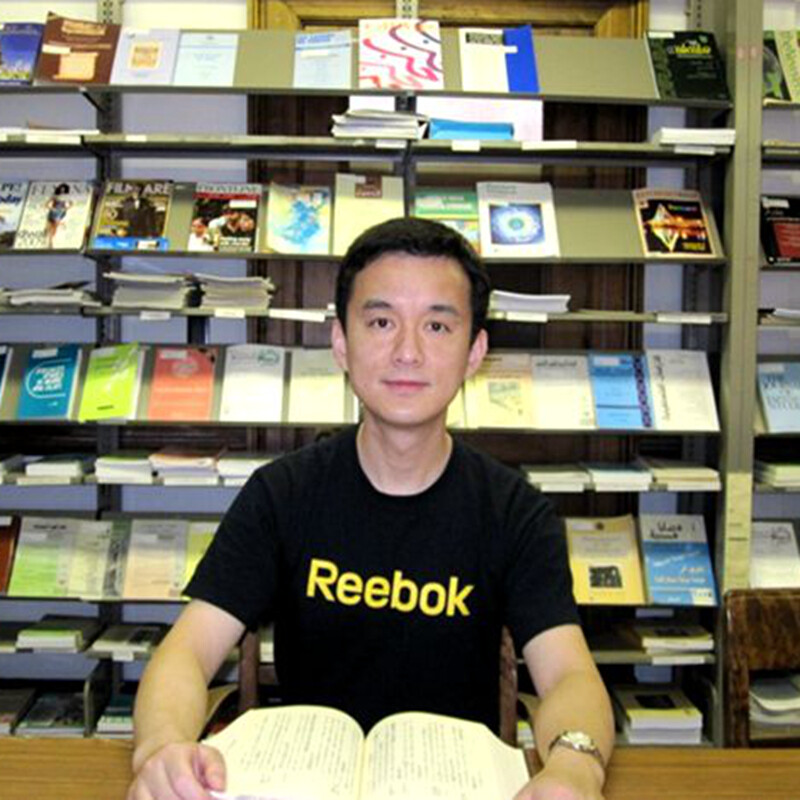华东师范大学国际关系与地区发展研究院晨晖学者。北京外国语大学英语文学学士,美国犹他州立大学政治学硕士,美国伊利诺伊大学香槟分校政治学博士。曾任教于浙江大学和美国伊利诺伊大学香槟分校。2004-2007年在美国华盛顿布鲁金斯学会外交政策研究部工作,历任研究助理,高级研究助理和研究分析员。主要研究领域为中美关系,中国外交和亚太地区国际关系。最近5年研究成果有:
Xiaoting Li. (2017) Cronyism and Military Corruption in the Post-Deng Xiaoping Era: Rethinking the Party-Commands-the-Gun Model. The Journal of Contemporary China 26(107): 696-710.
Xiaoting Li. (2016) Applying Offensive Realism to the Rise of China: Structural Incentives and Chinese Diplomacy toward the Neighboring States. International Relations of the Asia-Pacific 16(2): 241-271.
Xiaoting Li. (2015) Dealing with the Ambivalent Dragon: Can Engagement Moderate China’s Strategic Competition with America? International Interactions 41(3): 480-508.
Xiaoting Li. (2013) The Taming of the Red Dragon: The Militarized Worldview and China’s Use of Force, 1949-2001. Foreign Policy Analysis 9(4): 387-407.
Jing Huang and Xiaoting Li. (2010) Inseparable Separation: The Making of China’s Taiwan Policy. Singapore: World Scientific Press.
Biographical information:
Xiaoting Li is an assistant professor and Chenhui Research Fellow in the School of Advanced International and Area Studies at East China Normal University. He holds a BA in English language and Literature from Beijing Foreign Studies University, and a PhD in political science from the University of Illinois at Urbana-Champaign. Before joining ECNU, he had taught at Zhejiang University (China) and the University of Illinois at Urbana-Champaign (USA), and had worked as a research analyst in the Foreign Policy Studies Program of the Brookings Institution, a prestigious US think tank. He is a coauthor of Inseparable Separation: The Making of China’s Taiwan Policy (Singapore: World Scientific Press, 2010), a book that received favorable reviews from the Journal of Asian Studies and the China Journal. He has also published scholarly articles at Pacific Focus, Foreign Policy Analysis, International Interactions, and International Relations of the Asia-Pacific.
